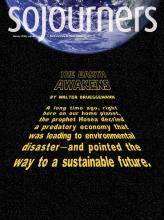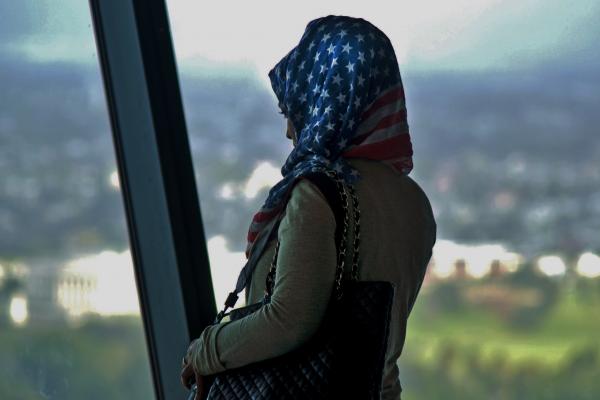POPE FRANCIS arrived in the United States amid a flurry of talk about Muslims. There was Ben Carson’s statement that he would not want a Muslim to be president. There was The Donald’s promise that a Trump administration would look into the supposed network of Muslim terrorist training camps in the United States. And there was young Ahmed Mohamed in Texas, who got suspended from school and shackled in handcuffs when his science project was mistaken for a bomb. Maybe the police were concerned that he’d designed it in one of those fictitious terrorist camps.
It appears that many Americans are in a panic about the prospect of a Muslim takeover.
Domination by a foreign religion is an old anxiety in America. As we hang on every word Pope Francis utters, it is interesting to note that for much of our history a driving fear was that Catholics would amass significant political power and the pope would fly his flag at the White House. “Our freedom, our religious freedom, is at stake if we elect a member of the Roman Catholic order as president of the United States,” Norman Vincent Peale warned in September 1960 about John F. Kennedy’s candidacy.
With 30 percent of Congress now claiming to be Catholic, six Catholics sitting on the Supreme Court, several Catholics occupying high office (including the vice president, the secretary of state, and the speaker of the House), and a pope with much to say about major policy issues, that particular apocalypse appears to have arrived.
Mostly, it has been met with applause. The papal flag was indeed flying at the White House during the pope’s arrival ceremony—several thousand of them in fact, more than a few in the hands of the many non-Catholics in attendance. Recent surveys show that Catholics, along with Jews and mainline Protestants, are among the most well-liked religious groups in the United States.
Read the Full Article

